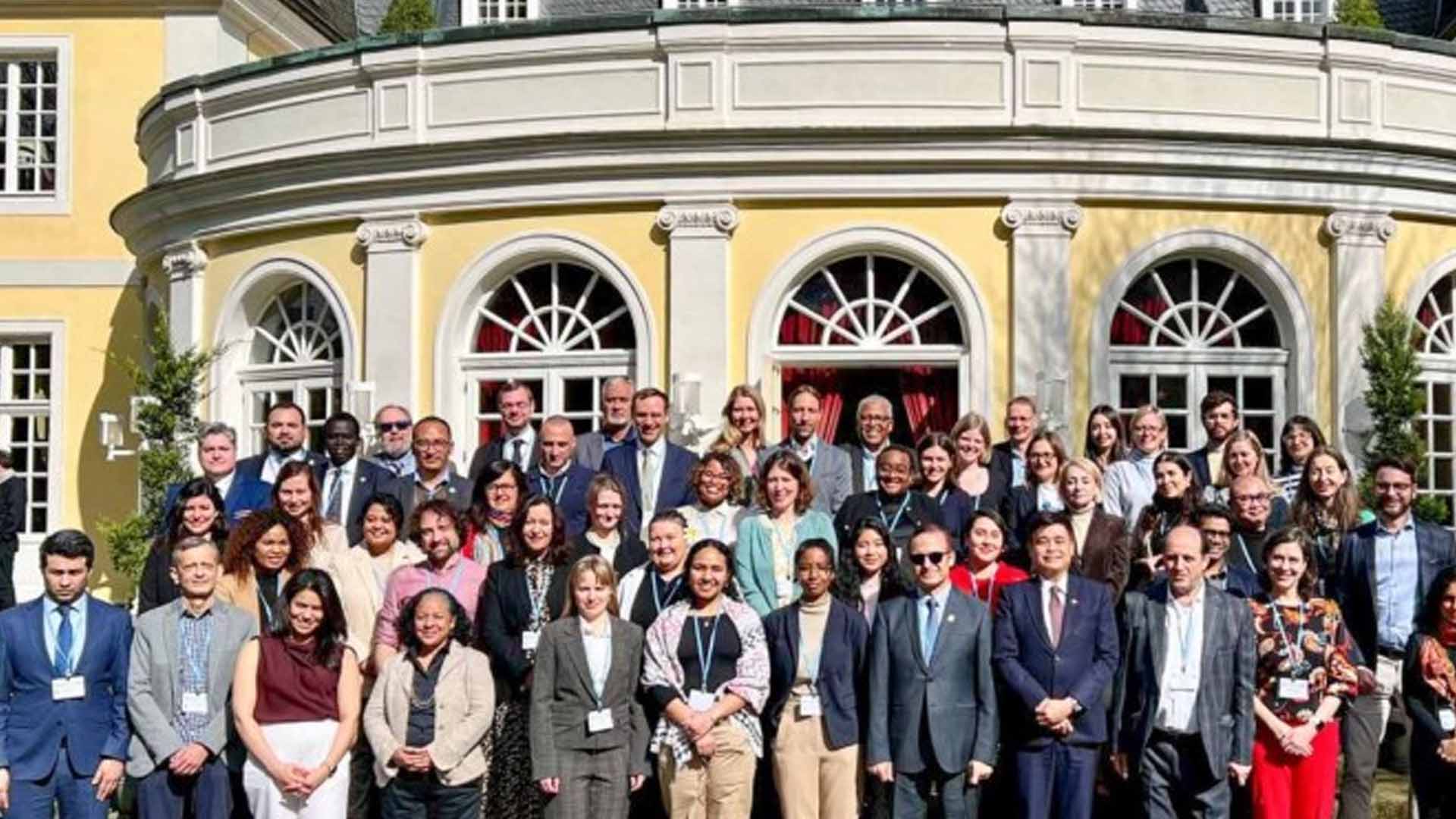The Philippines has underscored that National Adaptation Plans (NAPs) are critical enablers to enhance adaptation action and support, emphasizing the need to strengthen collaboration and accelerate delivery of support for developing nations’ adaptation planning and implementation.
Following its 25th meeting in Bonn, Germany on March 12-15, the Adaptation Committee of the UN Framework Convention on Climate Change (UNFCCC) brought together countries and stakeholders in the Adaptation Forum 2024 to address opportunities for action and collaboration across the NAP process, promoting solutions towards achieving the global goal on adaptation.
As a member of the Adaptation Committee, Secretary Robert E.A. Borje of the Philippines’ Climate Change Commission (CCC) served as facilitator and rapporteur on the sessions regarding impact, vulnerability and risk assessment for NAPs, and adaptation planning.
Borje recognized the urgent need for accelerated support in terms of finance, capacity, and technology, and emphasized enhanced collaboration and cooperation to enable developing countries and particularly vulnerable nations to formulate and implement their NAPs.
“National Adaptation Plans are critical baselines for individual and collective efforts of Parties. Towards the achievement of the global goal on adaptation and the new global climate resilience objectives, we must drive developing nations towards NAP formulation and implementation. In this case, support for the whole NAP process must be provided, with least to no conditionalities, and in the most urgent manner,” Borje said.
The NAP process includes risk assessment, planning and development, implementation, and monitoring, evaluation, accountability and learning.
According to the NAP Central, 53 developing countries have submitted their NAPs, which accounts for only 25 percent of all developing country Parties under the UNFCCC and the Paris Agreement.
The Philippines is in the course of finalizing its first NAP, developed based on a whole-of-nation and whole-of-society approach, in collaboration with bilateral partners, government agencies and institutions, civil society and non-government organizations, private sector, and other stakeholders.
Primary challenges in NAP formulation are data availability and accessibility, data quality and quantity, and local capacity to analyze these towards determination of national priorities and strategies.
“We must make data and information more available and accessible, and ensure that developing nations are provided with the capacity to analyze data to determine fit-for-purpose adaptation measures. Support must be provided to enable developing nations to formulate NAPs with least domestic budget and resource implication as possible,” Borje said.
“Developed states must exert more and ramp up cooperation with and assistance for developing states to address key data challenges. In this regard, Annex 1 Parties must ensure that Means of Implementation are provided urgently,” he added.
While there are support windows such as through the Green Climate Fund (GCF), Adaptation Fund, and UN4NAPs, among others, participants said accessing these remains a challenge due to stringent procedures.
Consistent with the directives of President Ferdinand R. Marcos Jr., the Philippines actively participates in international climate change negotiation process, and has been calling for simplified and streamlined processes in accessing means of implementation and support, and need to further strengthen collaboration, such as through south-south, north-south, and triangular cooperation for both climate change adaptation and mitigation.
Under the leadership of the President, and consistent with the Philippine Development Plan, the CCC, in coordination with relevant agencies and stakeholders, is finalizing the Philippines’ first NAP, outlining country’s priorities and strategies towards national climate resilience.
The Adaptation Forum 2024 held in Bonn will be followed by the NAP Expo in Dhaka, Bangladesh where a series of knowledge-sharing activities and experts training on adaptation planning and implementation will take place. (PNA)







